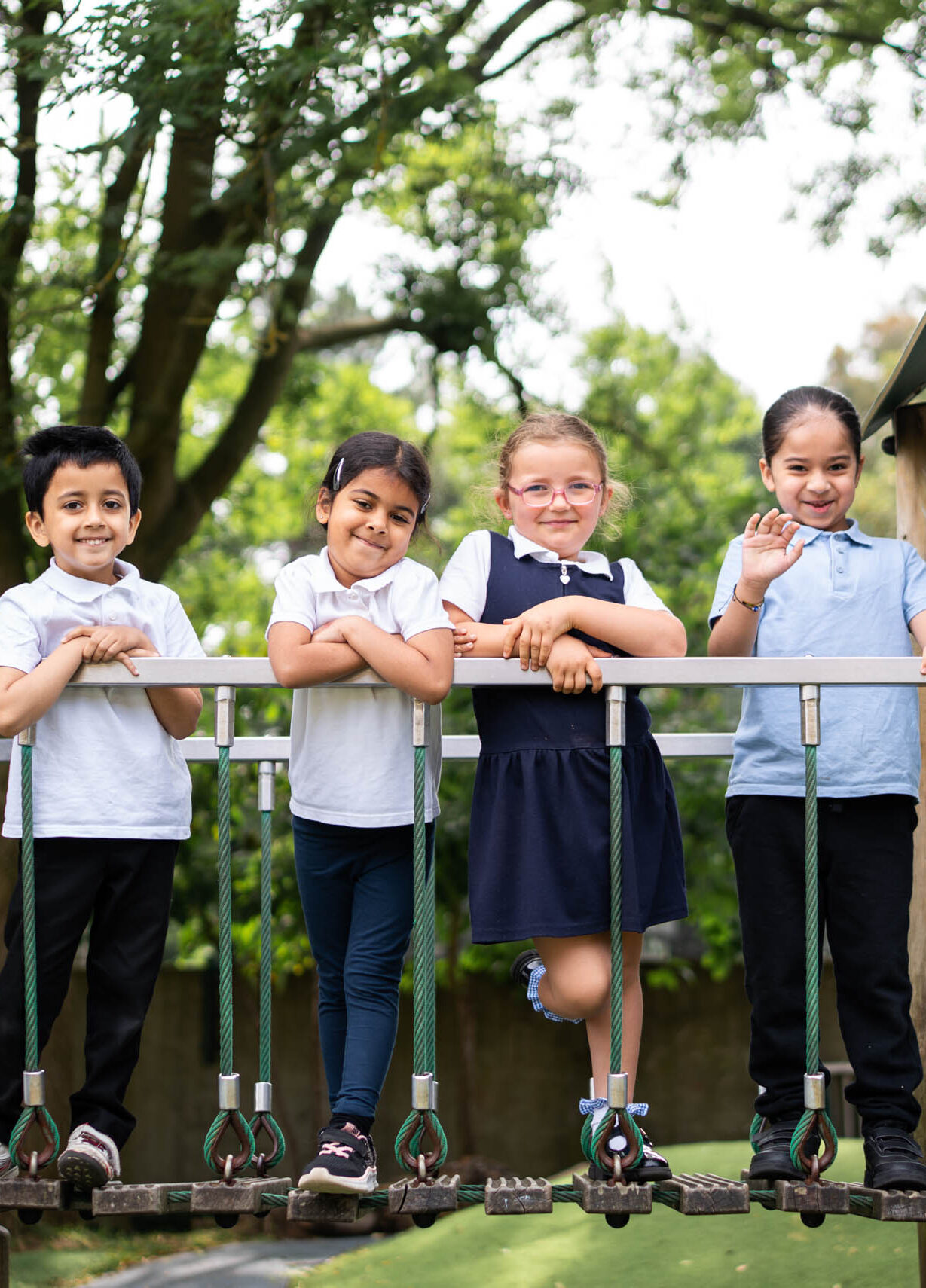
Welcome
We are a lively, happy, successful school with extremely enthusiastic children, parents, staff and governors.
Our Mission Statement captures our values and beliefs that our school is vital in developing each child as whole unique individual. We are proud to have a developed a strong school team who live, laugh, learn and achieve together which enables all our children to do the same.
Discover
Find out more about Overdale Infant School
Upcoming Events
What makes Overdale Infant School different?
0
One of 3 OAK family schools sharing the same site
0
Proud to be a Steplab Coaching hub, engaging in world-class professional development for staff
0
High quality wraparound provision

0
Community focused

